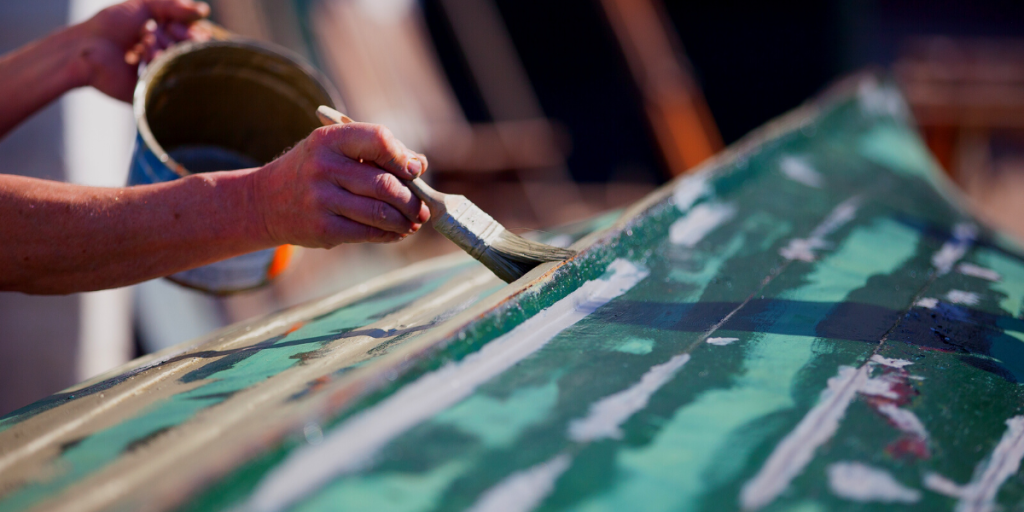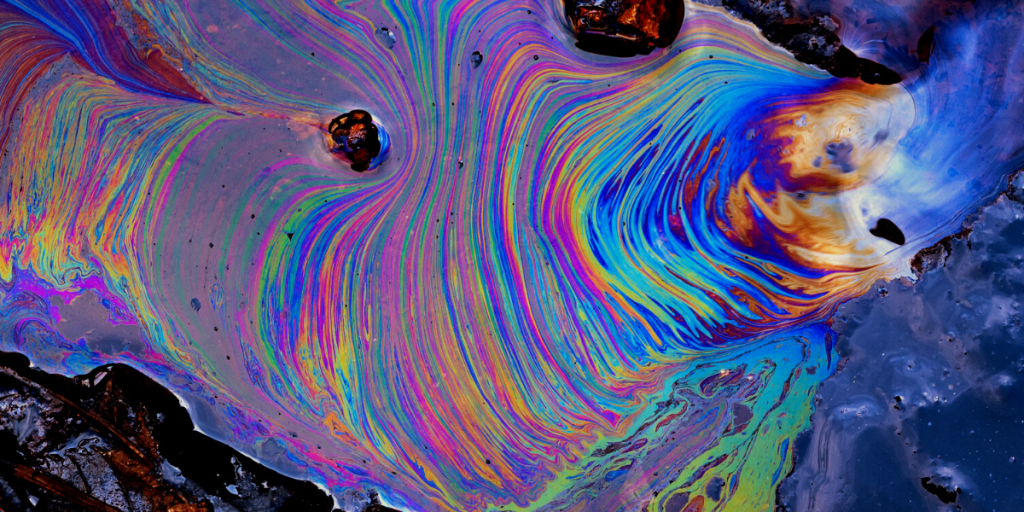Going boating is one of the most enjoyable ways to spend time on the water. It’s a great way to relax, enjoy nature, and bond with your friends or family. But as you may know, there is more than just fun involved in being a boater. You have to take care of your boat and its equipment as well as follow all applicable laws and regulations to ensure you aren’t contributing to water pollution. That means that along with enjoying yourself while you’re out sailing or fishing, you also have to be aware of how your actions affect others who share the same waters with you.
One area where this comes into play is reducing our impact on the environment.
Boat pollution and marine equipment can be a serious threat
It’s important to realize that boats and marine equipment can be a dangerous source of pollution. They are, after all, inextricably linked to the water that surrounds them. You can reduce the amount of pollution your boat produces by using alternative fuels such as biodiesel or ethanol. You can also make your boat more energy efficient by installing solar panels on it so that you don’t have to rely on fossil fuels as much as other vessels do.
There are lots of ways to reduce your carbon footprint when you are on a boat.
- Reduce the use of fossil fuels, particularly if you have an engine. Use renewable energy sources and store power in batteries.
- Reduce the amount of waste produced by recycling and composting materials, such as food scraps and paper towels. Also use reusable products whenever possible instead of disposable ones like plastic bags and straws.
- Reduce the amount of fuel used by using sails when possible instead of motors (or when there is enough wind to make it worth doing so).
Noise Pollution.
It’s important to be aware of how much noise pollution your boat produces and take steps to reduce it wherever possible. Noise pollution can be seriously harmful to wildlife that need the silence of the ocean to communicate with each other. Some marine life use spatial awareness techniques to navigate the water. The loud vibrations of a boat’s motor can disrupt these animals’ ability to tell where they are!
One way to reduce noise pollution is by choosing electric motors over gas-powered ones. Electric motors are quieter than their combustion-driven counterparts, which means they’ll require less maintenance down the road—and it’s easier to keep them in good condition when they’re well maintained. This will prevent repairs from interfering with your vacation plans!
If you do have a gas-powered engine on board but want something quieter (like an outboard motor), consider getting one with an exhaust system designed specifically for quietness rather than installing an aftermarket muffler that may not fit into your boat’s tight engine space perfectly—it’ll make all the difference in terms of comfort levels while cruising around town!
Sewage, chemicals, and oil.
There are several ways you can properly dispose of your sewage when on a boat. Most marinas have pump out stations where you can bring your waste to be disposed of by professionals. Do not dump sewage in the ocean!
Disposing of contaminants properly is important to protect marine life. To avoid this, boaters should dump their holding tank at pump-out stations or have it hauled to land-based facilities. They should also properly dispose of oily substances and dispose of other pollutants as they would if they lived on land. Taking measures like this will help protect marine life from the pollution that boats cause.
Use environmentally friendly cleaning products.
Our oceans are beautiful and vast – but they’re also fragile. Pollution-related incidents on land can have a negative impact on marine life, but our water supply is also in danger every time we clean our boats. Most importantly, cleaning chemicals can harm aquatic animals and plants that live in the ocean.
In order to protect the health of marine ecosystems, make sure you use cleaning products that are safe for the environment. This means using biodegradable or ‘ocean safe’ products so that they won’t cause harm to marine life when they enter the water. The ideal product is one that breaks down once it comes into contact with salt water, and doesn’t leave any harmful residue behind.
It’s not just about avoiding harsh chemicals either: it’s also important to avoid toxic substances like plastic. Avoid sponges that contain plastic in order to help reduce plastic pollution as well as other types of waste. Be aware of how much water you’re using for your cleaning jobs as well – it’s better to do a little extra scrubbing than to be wasteful with fresh water.
When you’re out boating, you’ll be sure to enjoy your trip more if you ensure the safety of marine life by taking the proper precautions.
Use water-based paint for hulls and anti-fouling

Water-based paints are better for the environment because they are less toxic, don’t require as many coats, and can be easily removed when you need to. Don’t use a pressure washer on the deck, hull or water pump of a boat because it can cause damage and/or deterioration over time. This can cause toxic paint chips to leak out into marine ecosystems more often than necessary.
Turn off your engine when idling for more than 10 minutes.
This is a very easy habit to develop, and you’ll notice a difference in your fuel consumption as well. When you’re not using the engine, turn it off! Idling for more than 10 minutes isn’t good for the environment or for your wallet. Your engine uses more fuel when it’s running at idle speed than when it’s running at a steady speed. Plus, it simply increases your pollution and carbon footprint, while you’re not even moving anywhere!
Practice responsible anchoring so you don’t damage the sea floor.
When you are anchoring, you should be aware of your surroundings and avoid setting your anchor within 30 feet of rocks, coral, or other hard surfaces. Do not drop your anchor in a bed of seagrass or seaweed, either! These ocean forests on the seafloor are incredibly important habitats for tons of plants and animals. Kelp and other types of seagrass are threatened by boaters ripping them apart with their anchors. Try your best to find a place to anchor that is just sand, dirt, mud, or a few giant rocks. The idea is to try and find a place where dropping and picking up your anchor will leave the smallest amount of damage.
But whatever you do, do not drop anchor in a kelpy sea floor!
Boating can be an environmentally friendly hobby. The laws governing boating and sustainable practice are continuously changing. You need to be aware of the current regulations and how they apply to your boat and its operation. By following these tips and making small changes in your boating habits, you can reduce your pollution as a boater and make sure that your favorite pastime doesn’t harm our oceans.
Found this interesting? Check out our blog: Invasive Species – Are you Helping them Spread?
For more in depth knowledge on sustainable sailing and boating we recommend checking www.keenonthewater.com


